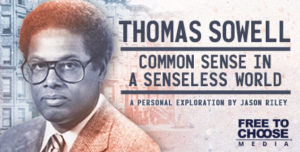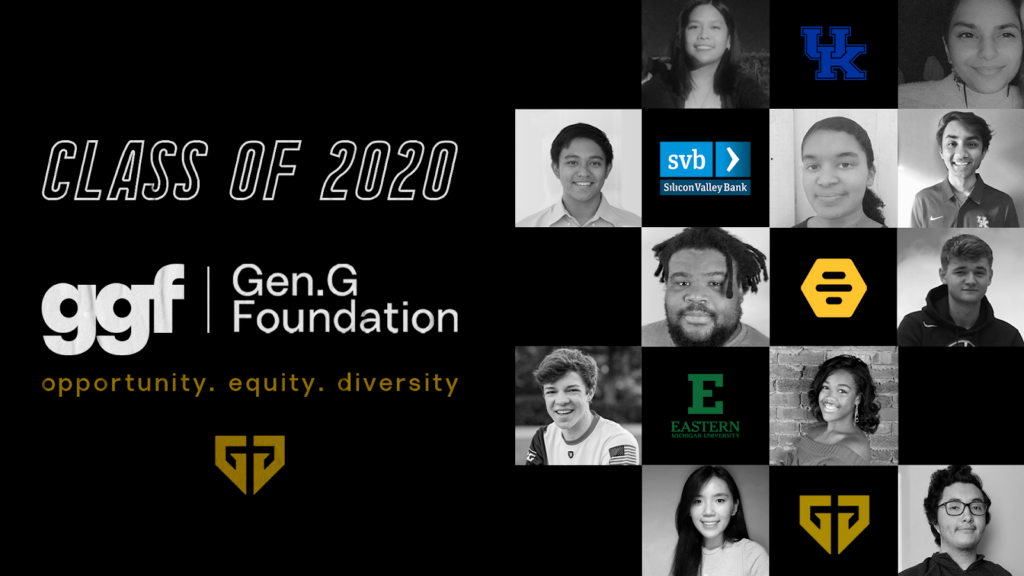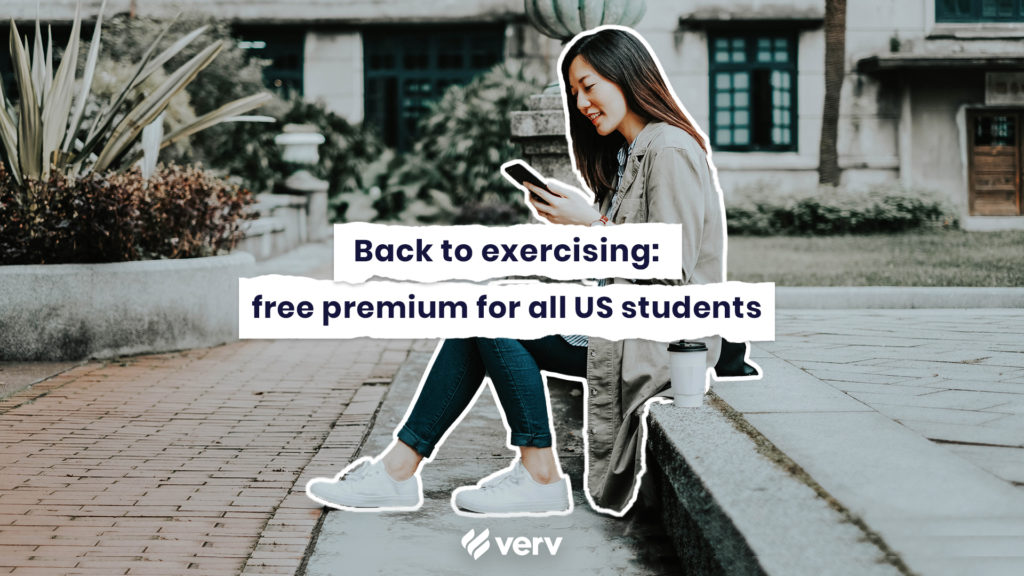
New annual scholarship program focuses on historically underrepresented students pursuing STEAM education
Edmonton, Alberta (February 2, 2021) – To empower the next generation of industry leaders and provide people in historically underrepresented groups with financial aid, global design firm Stantec has launched the Stantec Equity & Diversity Scholarship Fund. With the first round of applications due in March 2021, the program is a joint effort organized both the organization’s Community Engagement and Diversity & Inclusion programs.
Through the program, Stantec will award $200,000 in global scholarships for the annual academic year as well as 10 paid internships to students.
The Equity & Diversity Scholarship is part of Stantec’s broader commitment to equity, diversity and inclusion within the company and an example of their community engagement initiatives aimed at breaking through barriers.
“Stantec is dedicating scholarship resources to help unlock academic brilliance sitting in the minds of underrepresented communities. We see these scholarships as serving an important part in our broad and critical strategy to achieve racial equality. This equality is a target that is right; it is a target to which we must be dedicated to in order to achieve it in our lifetime,” said Adam Carnegie, Stantec Urban Planner and Senior Associate in the firm’s Community Development practice. “Stantec is committed to providing diverse and inclusive scholarships to help give all the communities we serve, and our firm, the benefit of these sharp minds.”
To be eligible for this award, applicants must be enrolled in a college, university or post-secondary institution in the 2021-22 academic year in pursuit of a bachelor’s degree; pursue a science, technology, engineering, arts and mathematics (STEAM) major; and belong to a historically underrepresented population/group such as BIPOC (Black, Indigenous, and People of Color), members of the LGBTQ2+ community, people with disabilities, veterans, and/or first-generation college students.
To empower employees and their families worldwide, the company also offers a dependent of employee scholarship program open to students enrolled in a college, university or post-secondary institution as a second year/sophomore or above. Both scholarship programs are administered by International Scholarship and Tuition Services, Inc. (ISTS), an independent company that specializes in managing sponsored educational assistance programs. For each, ISTS hosts the online application processes in English and French Canadian, responds to applicant inquiries, selects recipients and disburses awards.
For more information about the Stantec Equity & Diversity Scholarship and to begin the application process, visit stantec.com/equityanddiversityscholarship. The deadline to apply is March 15, 2021.
###
About Stantec
Communities are fundamental. Whether around the corner or across the globe, they provide a foundation, a sense of place and of belonging. That’s why at Stantec, we always design with community in mind. We care about the communities we serve—because they’re our communities too. This allows us to assess what’s needed and connect our expertise, to appreciate nuances and envision what’s never been considered, to bring together diverse perspectives so we can collaborate toward a shared success. We’re designers, engineers, scientists, and project managers, innovating together at the intersection of community, creativity, and client relationships. Balancing these priorities results in projects that advance the quality of life in communities across the globe.
Stantec trades on the TSX and the NYSE under the symbol STN.
Media Contact
Danny Craig
Stantec Media Relations
Ph: 949-923-6085
danny.craig@stantec.com











